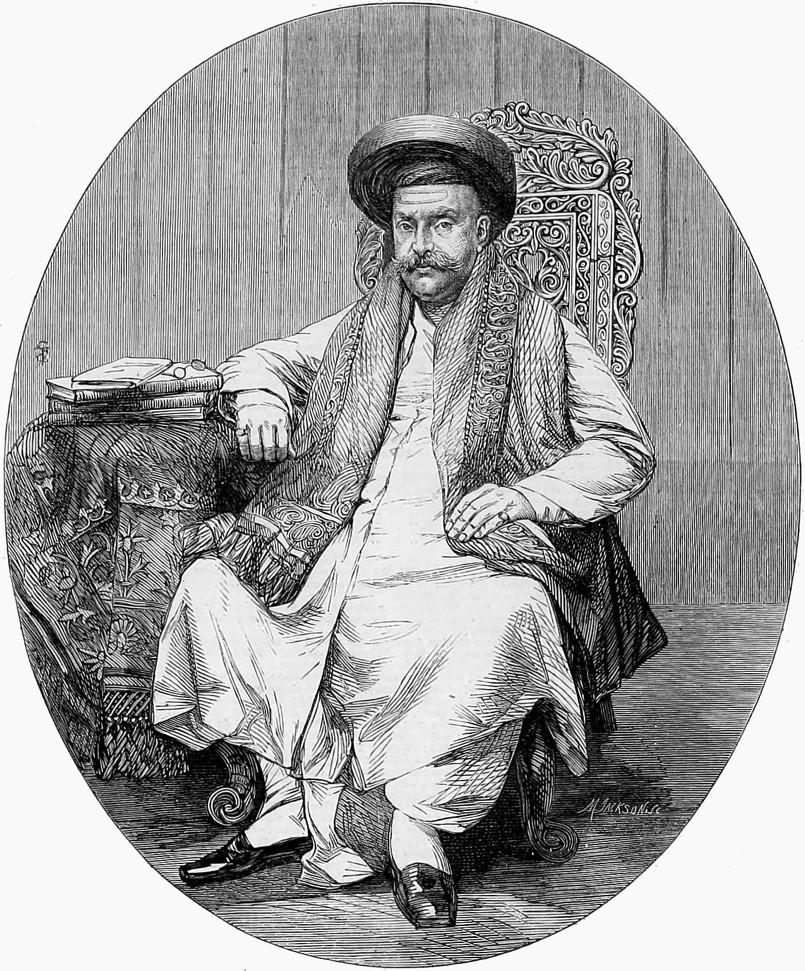Free Courses Sale ends Soon, Get It Now


Free Courses Sale ends Soon, Get It Now



Disclaimer: Copyright infringement not intended.
Context
Details
Early Life and Business Success
Birth and Family Background:
Business Acumen:
Social and Educational Initiatives
Urban Development and Reconstruction
Political Engagement
Cultural Contributions
Conclusion
Jagannath Shankarsheth, known affectionately as Nana Shankarsheth, left an indelible mark on Mumbai's social fabric through his visionary leadership, educational initiatives, and philanthropic contributions.
|
PRACTICE QUESTION Q. Shankarsheth's transformative contributions earned him the epithet of the "Sculptor of Mumbai," symbolizing his instrumental role in shaping the city's educational landscape and social fabric through his visionary initiatives and philanthropic endeavors. Discuss. (250 Words) |
© 2024 iasgyan. All right reserved